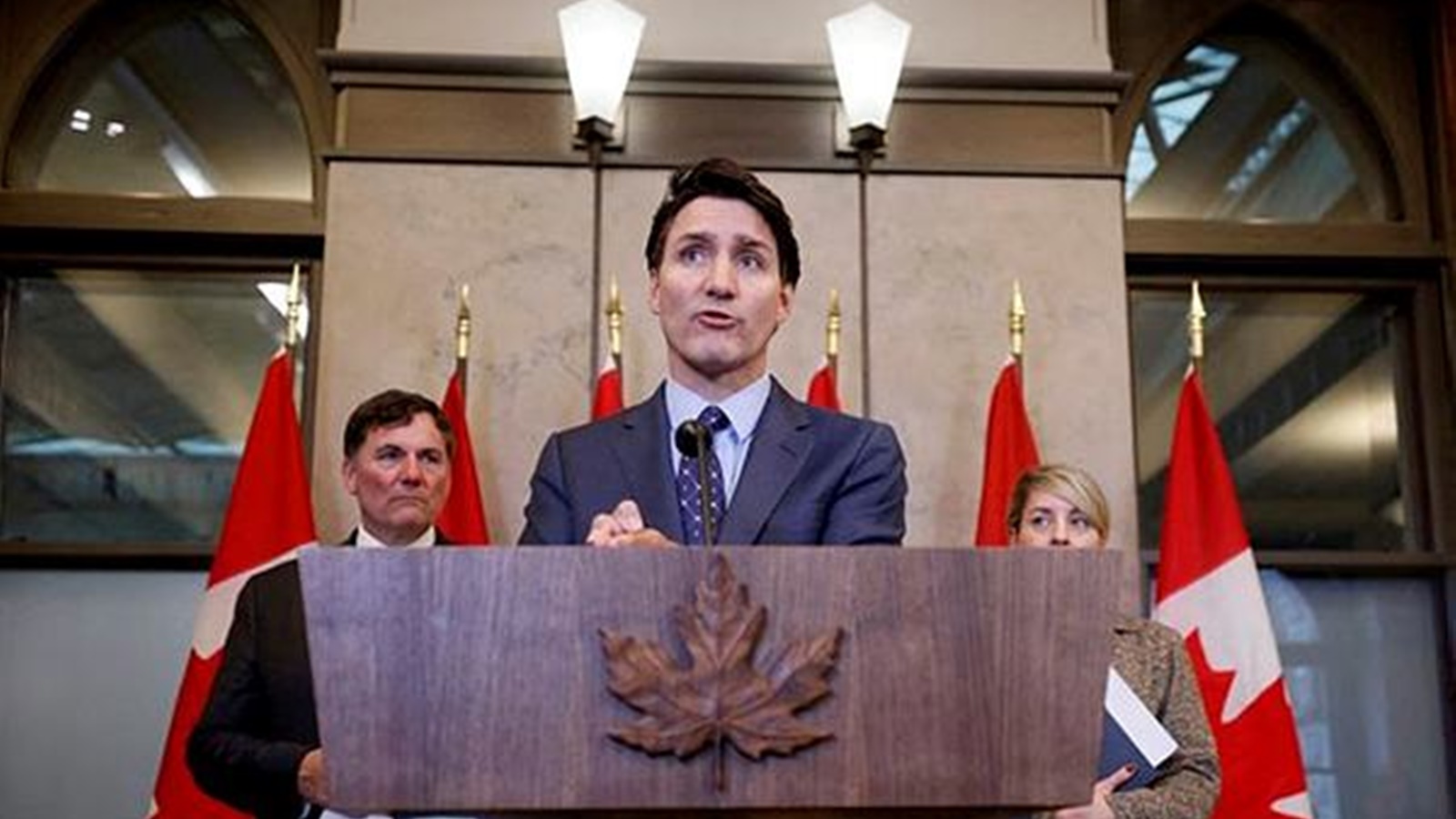 |
|
The recent diplomatic spat between India and Canada highlights the complex and often volatile nature of their bilateral relationship. This article delves into the structural factors driving the current tensions, revealing a disturbing interplay of domestic politics, racial prejudice, and a dangerous pursuit of nationalistic posturing. It cautions that this tit-for-tat approach, while seemingly effective in the short term, carries profound long-term consequences for both nations.
Canadian Prime Minister Justin Trudeau's actions, while seemingly sudden, are rooted in deeper societal dynamics. Rising inflation, shrinking employment opportunities, and the proliferation of anti-Indian sentiment have created fertile ground for political opportunism. The Conservatives, capitalizing on this sentiment, have accused the Liberals of being soft on India, while the Liberals, in turn, have used the issue of national sovereignty to portray themselves as tough on foreign interference. This tactic, however, has inadvertently opened a Pandora's box of racial prejudice in Canada. The use of derogatory terms like 'pajeet' and the spread of deeply offensive stereotypes about Indians online have contributed to a hostile environment for Indians in Canada.
On the Indian side, the response to Canada's actions is driven by a deep-seated desire for international recognition and a perceived need to assert its position as a rising power. The author terms this phenomenon 'Israel envy,' referring to India's aspirations to mimic Israel's assertive foreign policy. This desire for diplomatic retribution, however, comes at a cost. India's actions risk alienating its significant diaspora in Canada, while also fueling domestic tensions by further solidifying the association between Sikhs and the Khalistani movement. Furthermore, India's limited ability to act with impunity on the international stage means that its actions may not always be met with the same degree of tolerance as those of its Western counterparts, creating a situation where it is pressured to comply with the expectations of its 'friends' while also facing criticism for its actions.
The article concludes with a sobering assessment of the current situation. Both India and Canada are grappling with internal contradictions and societal tensions that are being exacerbated by their diplomatic standoff. The pursuit of short-term political gains through tit-for-tat policies ultimately risks further exacerbating these internal divisions and undermining the long-term interests of both nations. The author emphasizes the need for both countries to engage in constructive dialogue and address the root causes of their differences, rather than resorting to nationalistic posturing and harmful stereotypes.
Source: Tit-for-tat politics will harm both India and Canada
